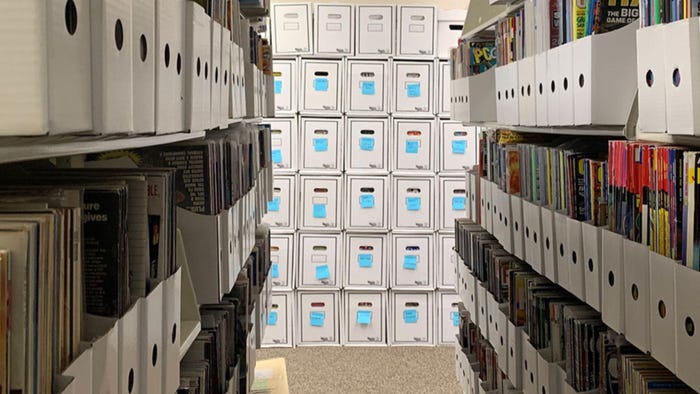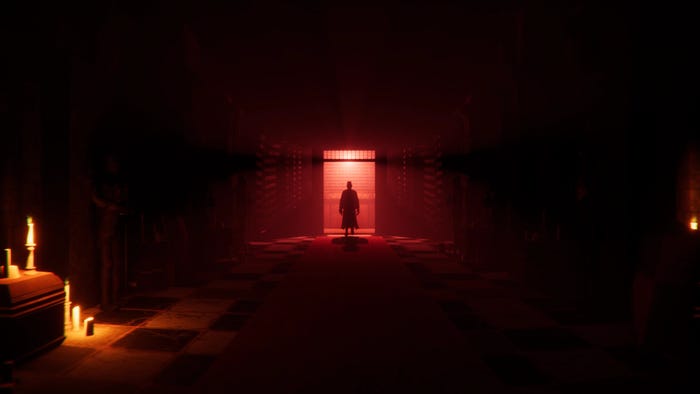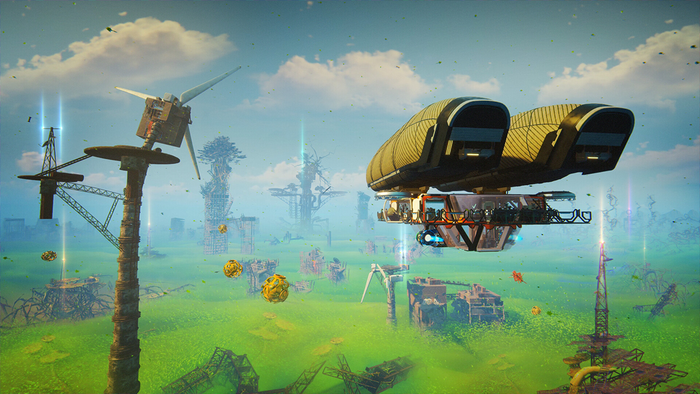With PlayFirst (Diner Dash) announcing opened access to its casual game development framework, Playground SDK, Gamasutra talks to PlayFirst CTO and co-founder Brad Edelman about his thoughts on the announcement, the casual games space, and it's new

Officials from casual game provider PlayFirst, which is most recognized for its successful casual game Diner Dash, announced during the 2007 Game Developers Conference the immediate availability of its Playground SDK game development platform in an effort to spur growth within the casual video game market. The platform, which was first announced in late 2005, was originally designed to be exclusive to PlayFirst developers, with the company claiming that the software's tools could used to create casual game prototypes extremely quickly. With this latest news, the company has opened the doors to its technology, making it available to be licensed to studios not necessarily affiliated with PlayFirst. Building upon this announcement, Gamasutra spoke with PlayFirst CTO and company co-founder Brad Edelman regarding the company's new plans concerning the PlayGround SDK, to which the executive responded, “We want everyone to use it...we just ask that developers give us a credit for using the SDK, and of course consider us as their publisher, though that's not required.” He added: “We believe that it's a great platform for the casual gaming community. It also plays well into our goal of attracting developers to PlayFirst, as well as working with them in a business arrangement as well.” What's more, the company also announced the beginning of “Developer Dash,” a new program that takes its name from the company's massively successful Diner Dash. “With this program,” explained Edelman, “we are offering prize money for aspiring developers to make games using our Playground technology, and we have $100,000 set aside to give to people for developing Playground based games.” He continued: “It hopefully will get developers excited about using the SDK, as well as possibly working with PlayFirst. As a developer, you let us take a look at your Playground product, and we may give you a couple thousand dollars for your efforts.” More information on the Developer Dash progam is available from the official website. When asked about what sorts of games that PlayFirst hopes to see emerge from developers making use of the Playground SDK, Edelman commented that “we are first and foremost looking for games with more breakout, hit potential...games that are standouts within their genre.” “Making a game is a lot harder than taking a video or shooting a photo. I don't think we'll see everyone making games like making photos,” he stated. “You might be a genius, and you might have great game ideas, but if you don't have a platform, you might waste all of your time just trying to get the PC to make graphics or even play music.” Interestingly, all of this would seem to indicate that as a company, PlayFirst is looking to branch out from being just a casual game publisher, to instead trying to become more of an aggregator or technology provider, an observation that Edelman quickly stifled by noting that “first and foremost, we, PlayFirst, are a publisher.” He continued: “Basically, within the marketplace we facilitate the creation of games, both through marketing and publishing. A big part of what we do is marketing, but we have always provided the other bits as well. Along with this, we are looking to maximize market opportunity for our titles, and as such we offer a technology that everything easier to bring the games to market.” Finally, the executive spoke frankly why he feels that PlayFirst's Playground SDK is ideally suited for casual game development, going so far as calling the company's technology as “the best option for developers suited for the casual market.” He also offered his thoughts on other competing products, such as the development platform currently offered by casual game provider PopCap. “Looking to PopCap, it just seems frustrating to [casual game developers]," he offered. "For starters, they don't even have any Mac support. They do eventually come out with one off ports for the Mac, but our platform is out of the box able to support the Mac platform. You could find other alternatives, sure, but while they might shine in some areas, they might fall short in others.”
Read more about:
event gdcAbout the Author(s)
You May Also Like









